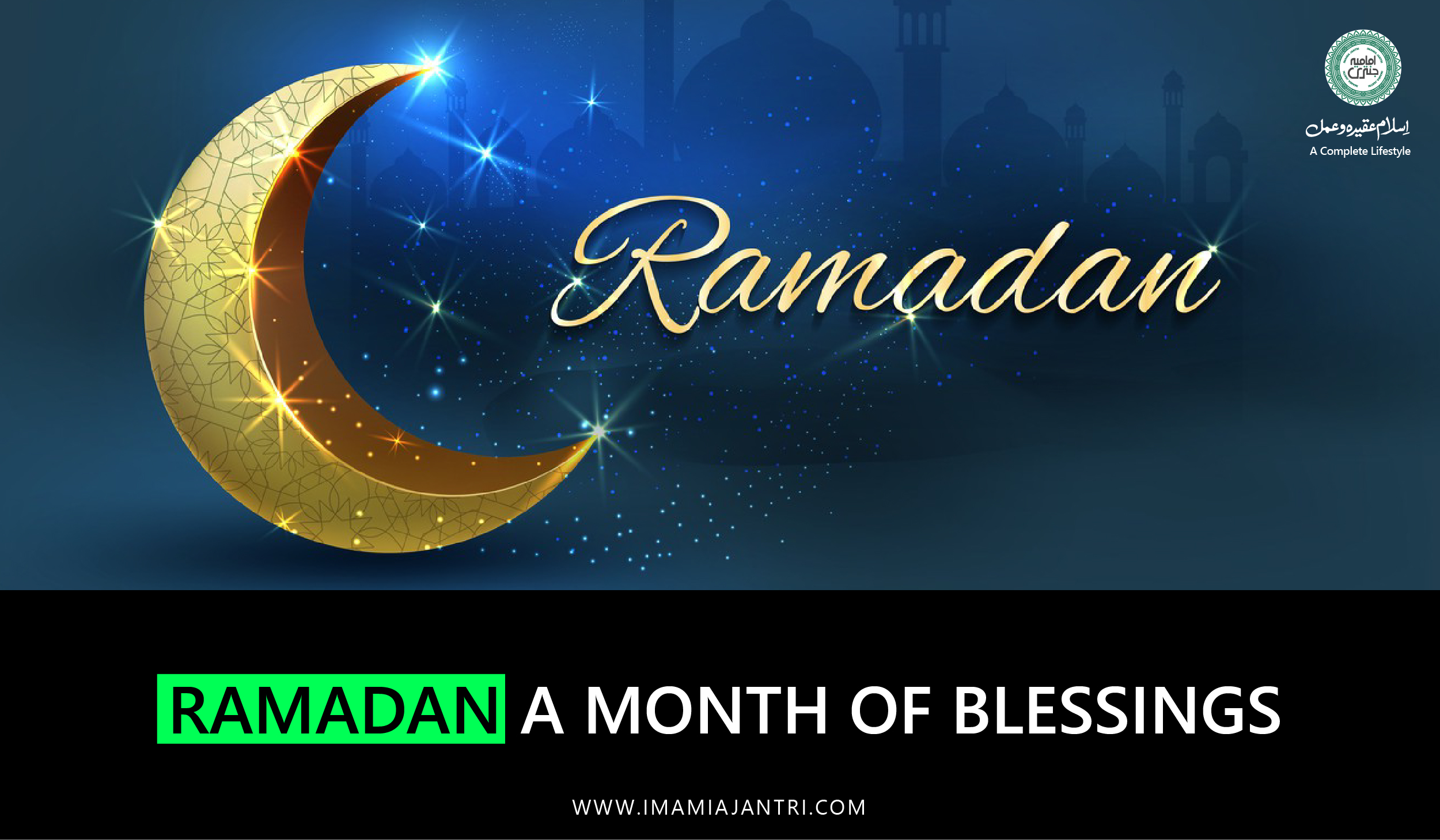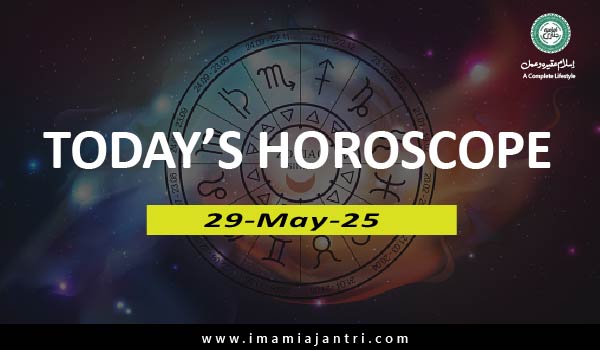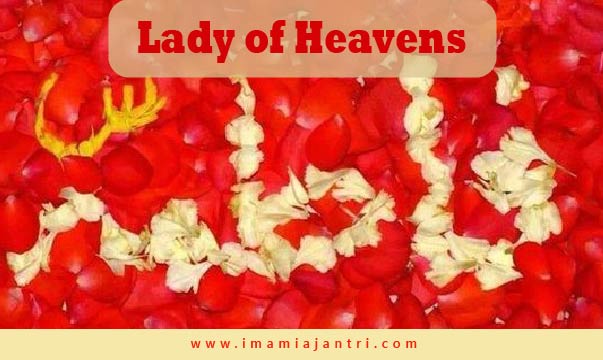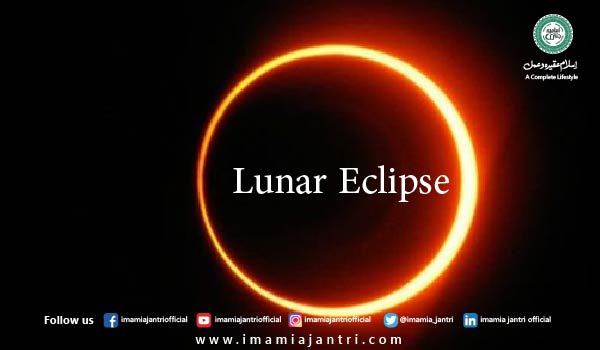During sacred month of Ramadan, Allah asks that Muslims temporarily abstain from their needs and base desires that make up our human selves.
Doing so provides Muslims with the opportunity to acquire a sense of control over their needs, desires and distractions, giving them room for a heightened sense of introspection and their purpose in life – to worship Allah.
Keeping the Sawm for the sake of Allah alone, is a special act of devotion for which there is a unique reward.
In a Hadith Qudsi, Allah (SWT) says:
“All the actions of the children of Adam are for them except for fasting it is for me and I alone will reward for it.”
THE FIVE PILLARS OF ISLAM
These guidelines are fundamental to the lives of Muslims.
Sawm: fasting from dawn until dusk during Ramadan
Shahadah: believing there is no deity but God and prophet Mohammad (peace be upon him) as his messenger
Zakat: giving to charity
Salah: praying five times a day
Hajj: making the pilgrimage to Mecca at least once if able.
Every year, Muslims around the world anticipate the sighting of the new crescent moon that signifies the official first day of Ramadan, the ninth month of the Islamic calendar and the most sacred month in Islamic culture.
The start of Ramadan fluctuates each year because the lunar Islamic calendar follows the phases of the moon. The beginning and end of Ramadan are determined by a moon sighting committee in Saudi Arabia. It begins the day after the committee spots the new crescent moon, which can be tricky since it’s quite faint and can be seen for only about 20 minutes. If the moon isn’t visible to the naked eye because of haze or clouds, lunar calculations are used to predict whether it’s in the sky. Islamic Date Today of Ramadan is 16th while Ramadan began on April 2, and will end May 2 or 3 with Eid al-Fitr celebrations.
Origin of Ramadan
Ramadan, one of the months in the Islamic calendar, was also part of ancient Arabs’ calendars. The naming of Ramadan stems from the Arabic root “ar-ramad,” which means scorching heat. Muslims believe that in A.D. 610, the angel Gabriel appeared to Prophet Muhammad and revealed to him the Quran, the Islamic holy book. That revelation, Laylat Al Qadar—or the “Night of Power”—is believed to have occurred during Ramadan. Muslims fast during that month as a way to commemorate the revelation of the Quran.
How Ramadan is observed
During Ramadan, Muslims aim to grow spiritually and build stronger relationships with Allah. They do this by praying and reciting the Quran, making their actions intentional and selfless, and abstaining from gossiping, lying, and fighting. Throughout the month, fasting between sunrise and sunset is obligatory for all Muslims, except for the ill, pregnant, traveling, elderly, or menstruating. Read the duas amaals and dua on the official website of Imamia Jantri 2022 to earn maximum reward in such conditions.
Missed fasting days can be made up throughout the rest of the year, either all at once or one day here and there. Meals are opportunities for Muslims to gather with others in the community and break their fast together. Pre-dawn breakfast, or suhoor, usually occurs at 4:00 a.m. before the first prayer of the day, fajr. The evening meal, iftar, can begin once the sunset prayer, Maghreb, is finished—normally around 7:30. Since the Prophet Mohammad broke his fast with dates and a glass of water, Muslims eat dates at both suhoor and iftar. A staple of the Middle East, dates are rich in nutrients, easy to digest, and provide the body with sugar after a long day of fasting.
After the last day of Ramadan, Muslims celebrate its ending with Eid al-Fitr—the “festival of breaking the fast” which begins with communal prayers at daybreak. During these three days of festivities, participants gather to pray, eat, exchange gifts, and pay their respects to deceased relatives. Some cities host carnivals and large prayer gatherings, too.
But no matter what observers have planned for their traditional suhoor and iftar gatherings this year, the spirit of this centuries-old tradition will remain the same as a time for piety and self-reflection.









